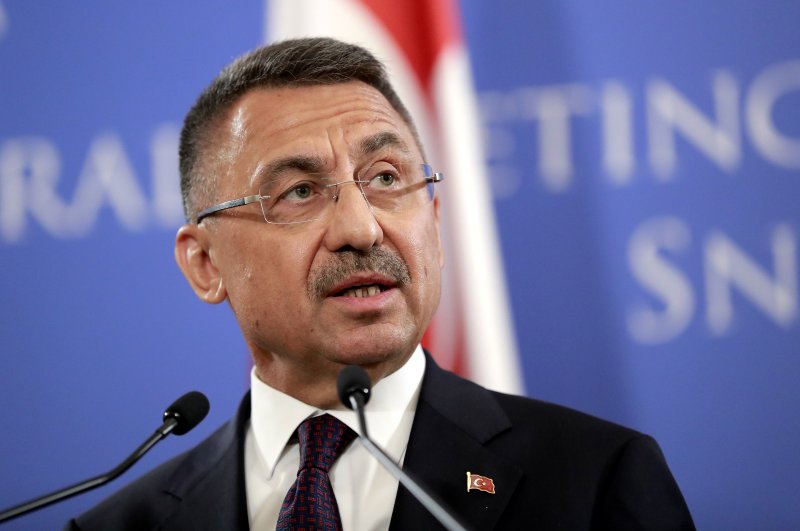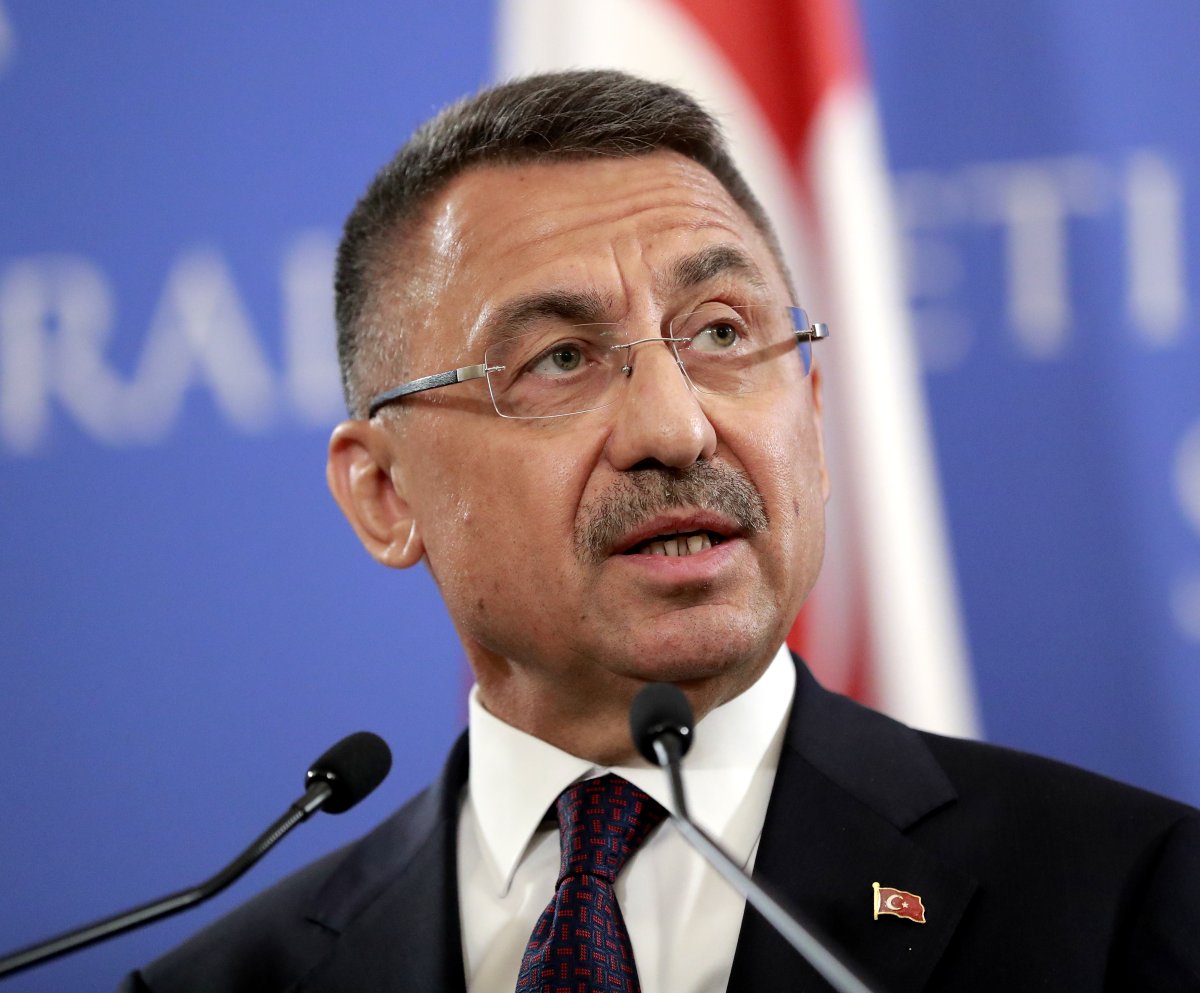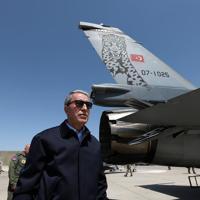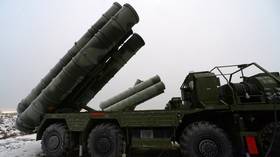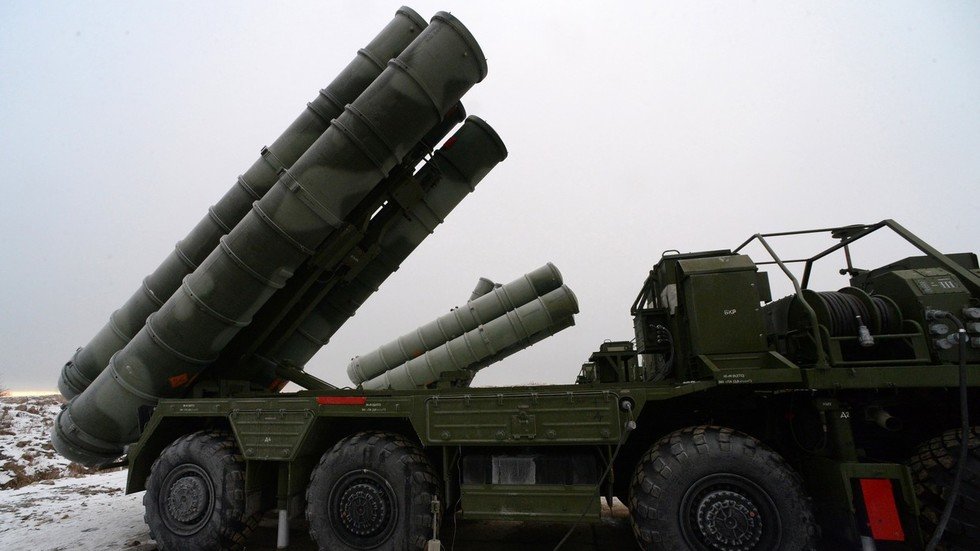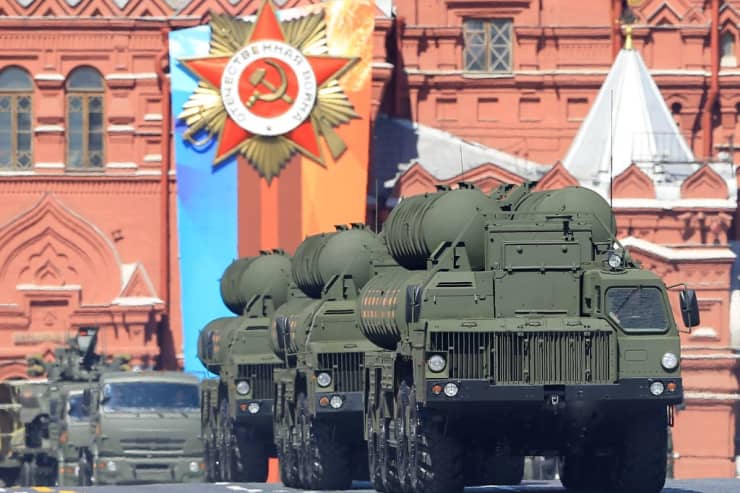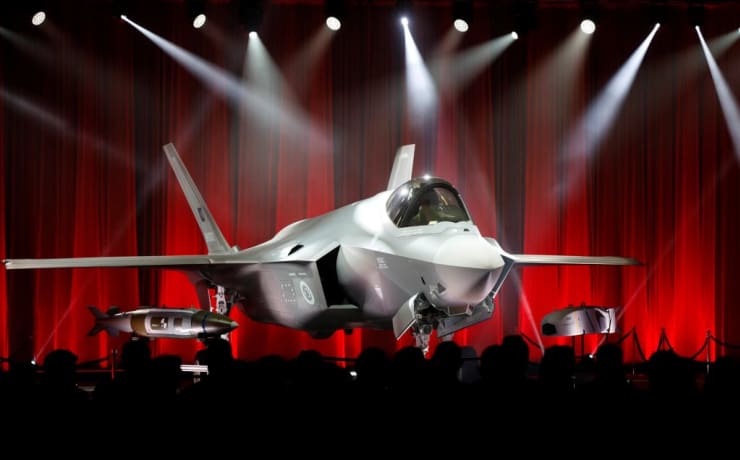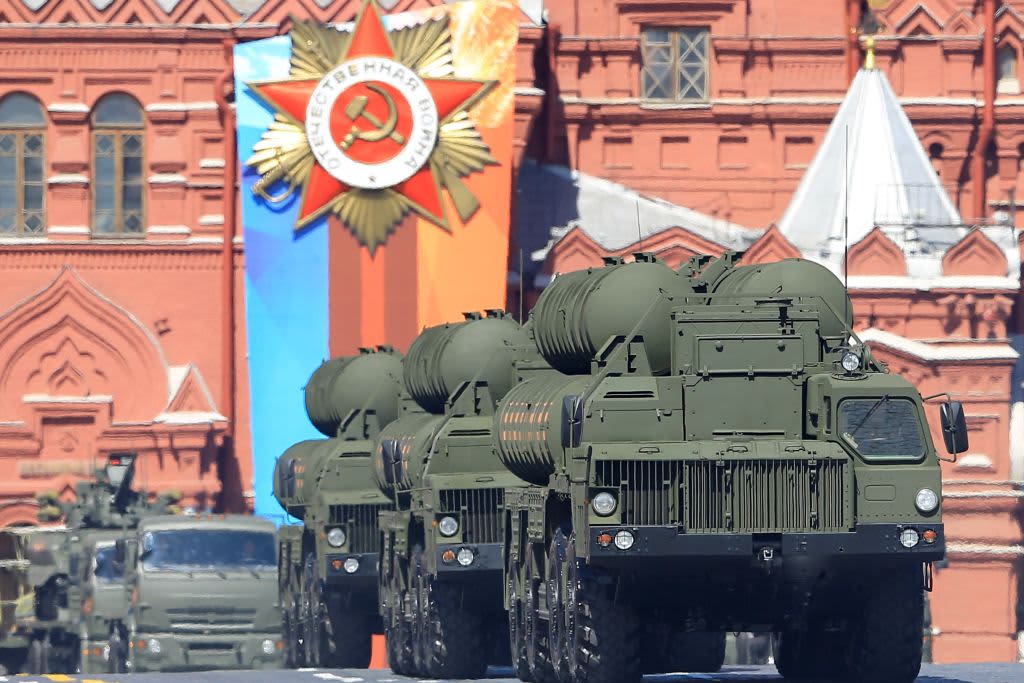Scorpion
THINK TANK: SENIOR
Turkey to store Russian S-400 anti-aircraft missile systems in Azerbaijan and Qatar

Turkey may temporarily store Russian S-400 anti-aircraft missile systems in Azerbaijan, Trend reports referring to Turkish media. It is possible that the missile systems will be also sent to Qatar for a temporary storage.
According to the media sources, Turkey has not decided yet in which country Russian S-400 anti-aircraft missile systems can be temporarily stored.
On April 11, Turkish Foreign Minister Mevlut Cavusoglu said that specialists from the US and NATO could come to Turkey to make sure that the Russian S-400 air defense systems do not pose a threat to NATO. He noted that Turkey is in dire need of the S-400 air defense system.
"Although the US urges Turkey to abandon the purchase of Russian S-400 air defense missile systems, it does not guarantee that it will sell us Patriot air defense systems," Mevlut Cavusoglu said.
Earlier, US Secretary of State Michael Pompeo said that the US believes that Turkey will not be able to have both American F-35 fighter-bombers and Russian S-400 anti-aircraft missile systems at the same time, as this is technically impossible. “According to Pentagon sources, is not possible to launch the F-35 in the space where the S-400 is operated,” he said.
President Recep Tayyip Erdogan said Turkey may receive the S-400 missile systems earlier than scheduled. According to him, it was expected that Turkey would receive the first supplies of S-400 missile systems in July 2019.
He noted that despite appeals from the US, Turkey will not abandon the purchase of the S-400. "This issue has been already resolved by Turkey," said Erdogan.
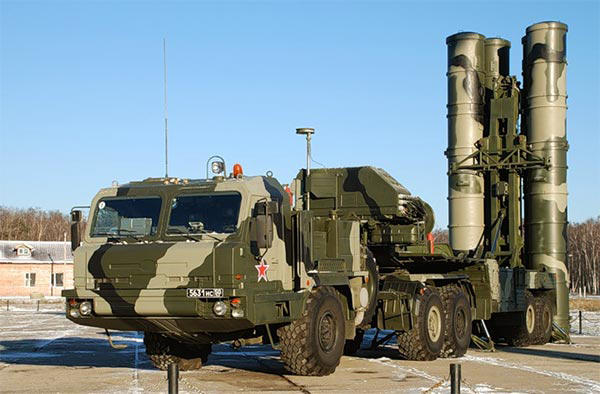
 en.trend.az
en.trend.az
Turkey may temporarily store Russian S-400 anti-aircraft missile systems in Azerbaijan, Trend reports referring to Turkish media. It is possible that the missile systems will be also sent to Qatar for a temporary storage.
According to the media sources, Turkey has not decided yet in which country Russian S-400 anti-aircraft missile systems can be temporarily stored.
On April 11, Turkish Foreign Minister Mevlut Cavusoglu said that specialists from the US and NATO could come to Turkey to make sure that the Russian S-400 air defense systems do not pose a threat to NATO. He noted that Turkey is in dire need of the S-400 air defense system.
"Although the US urges Turkey to abandon the purchase of Russian S-400 air defense missile systems, it does not guarantee that it will sell us Patriot air defense systems," Mevlut Cavusoglu said.
Earlier, US Secretary of State Michael Pompeo said that the US believes that Turkey will not be able to have both American F-35 fighter-bombers and Russian S-400 anti-aircraft missile systems at the same time, as this is technically impossible. “According to Pentagon sources, is not possible to launch the F-35 in the space where the S-400 is operated,” he said.
President Recep Tayyip Erdogan said Turkey may receive the S-400 missile systems earlier than scheduled. According to him, it was expected that Turkey would receive the first supplies of S-400 missile systems in July 2019.
He noted that despite appeals from the US, Turkey will not abandon the purchase of the S-400. "This issue has been already resolved by Turkey," said Erdogan.

Turkey may temporarily store Russian S-400 anti-aircraft missile systems in Azerbaijan
Turkey may temporarily store Russian S-400 anti-aircraft missile systems in Azerbaijan

